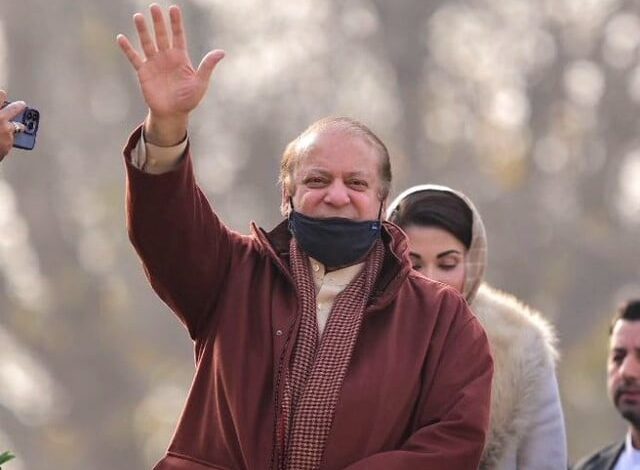
As Pakistan approaches the general elections on February 8, major political parties unveil their manifestos, promising solutions to economic challenges. However, economic analysts express skepticism, noting the current dire economic situation and the absence of concrete plans in the presented manifestos.
The Pakistan Muslim League-Nawaz (PML-N) pledges 1 crore jobs and a 20-30% reduction in electricity bills in its 'Pakistan ko Nawaz Do' manifesto. Meanwhile, the Pakistan People's Party vows to double salaries, provide free electricity up to 300 units, and offer jobs to the youth.
Economic analysts caution that the country's weak economic condition, coupled with IMF loans dictating terms, may hinder the fulfillment of these promises, leading to ongoing inflation. Journalist Lehaz Ali suggests that manifestos often serve as tools to attract voters, but parties frequently deviate from their pledges once in power.
Also Read: Battling Misinformation: A Call for Responsible Sharing
Ali questions the feasibility of promises, such as the Awami National Party's commitment to building a university in every district, considering the economic challenges faced by existing universities. He challenges the viability of offering free electricity, questioning its alignment with IMF agreements.
Economist Prof. Dr. Zalkat Khan echoes skepticism, emphasizing that manifestos lack key points for economic recovery, industrial development, and increased economic production. Khan deems the promises in manifestos, like the Benazir Card and Health Card, as potential burdens on the national treasury.
Prof. Zalkat Khan contends that manifestos should include solid action plans for industrialization, power generation, and economic improvement, emphasizing the importance of addressing these foundational issues.
It's worth noting that past election promises, such as those made by Pakistan Tehreek-e-Insaaf in 2018, failed to materialize according to analysts, raising doubts about the feasibility of current claims.